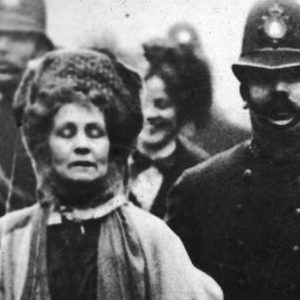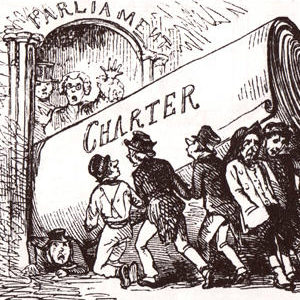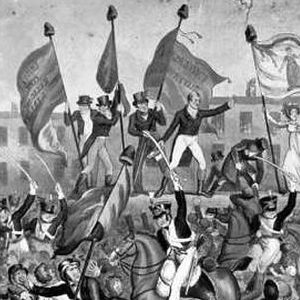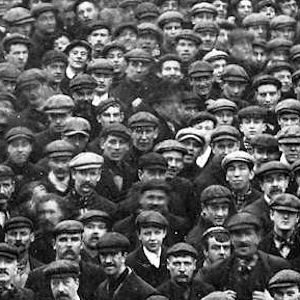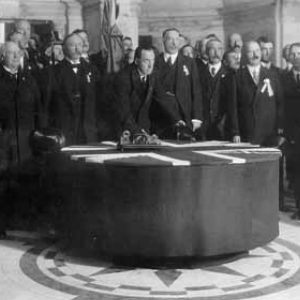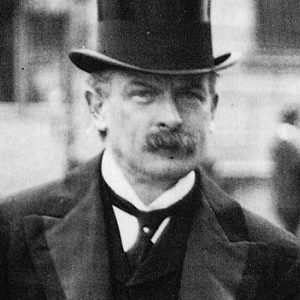What are Shared Learning Projects?
Shared Learning Projects started in the autumn of 2002 at the British Museum and, since then, they have flourished throughout the UK. SLPs involve a team of U3A members, usually from more than one U3A, carrying out research for an institution such as a museum, archive or gallery where there is a specific project to which volunteers can contribute. The emphasis is on partnership: the host organisation working with members of the U3A team who are contributing their learning to the project.
Citizens project Shared Learning Projects
For phase two of the Citizens project's Shared Learning Projects we are hosting a series of Research Retreats where members of the U3A can help us delve into the archives to help us examine key milestones in the history of liberty, protest, rebellion and reform. Most Research Retreats will be held at Royal Holloway's campus in London and more dates will be added, so please do check back from time to time for updates.
Research Retreat Example
On 7th November 2018 a small group of U3A volunteers joined us at Royal Holloway to delve into the British Newspaper Archive to plot reports in March 1913 of 'Suffragette Outrages'. The resulting Google My Map now features in our online course with the UK Parliament, Beyond the Ballot, and will later be added to our resources for schools. Click on the map to explore our research.
Here is a snippet from one of the reports featured:
Bomb discovered in Dublin Theatre: The bomb at the Empire Theatre was set to explode during a busy Saturday matinee performance when hundreds of people were in the building. The bomb was discovered moments before the lit fuse could reach the explosive material. Marcella M'Gurk (aged 25) was arrested in connection with the bomb. The bomb was made of a canister filled with 42 rounds of lead bullets, packed with paraffin-soaked cotton wads and with a cotton fuse. A note was discovered with the device saying 'Votes for Women, Life and Property not safe til we get it'.
Reported in the Irish Independent on Monday 12th May 1913.
Shared Learning Projects: Phase One
In Phase One of the Citizens project, U3A volunteers submitted articles exploring topics or introducing events or people special to their locality or area of interest. While this phase is now formally closed if you would still like to submit an article please contact us as citizens@rhul.ac.uk to discuss your ideas. In the meantime, here is a selection of some of the articles U3A members have contributed.
Harry William Hobart (1854-1941)
John Hampden 1595-1643: ‘Against my King I do not fight, But for my King and Kingdom’s right’
David Widgery: ‘The Good Doctor’
Unlocking Doors: Josephine Butler and the Repeal of the Contagious Diseases Acts
Margaret and Norah O’Shea: Portsmouth Campaigners for Votes for Women
The Home that Leila Built… The Caldecott Community
Suffragette Activity in and around Gravesend and North Kent
Human Rights in the British Armed Forces
The Campaign for Votes for Women in Portsmouth
U3A member? Contact us for more information.
Enquiries submitted using this form will be sent to Jennifer Simpson, the National Coordinator of Shared Learning Projects. For U3A members who have already signed up to the projects please contact us by emailing: citizens@rhul.ac.uk



